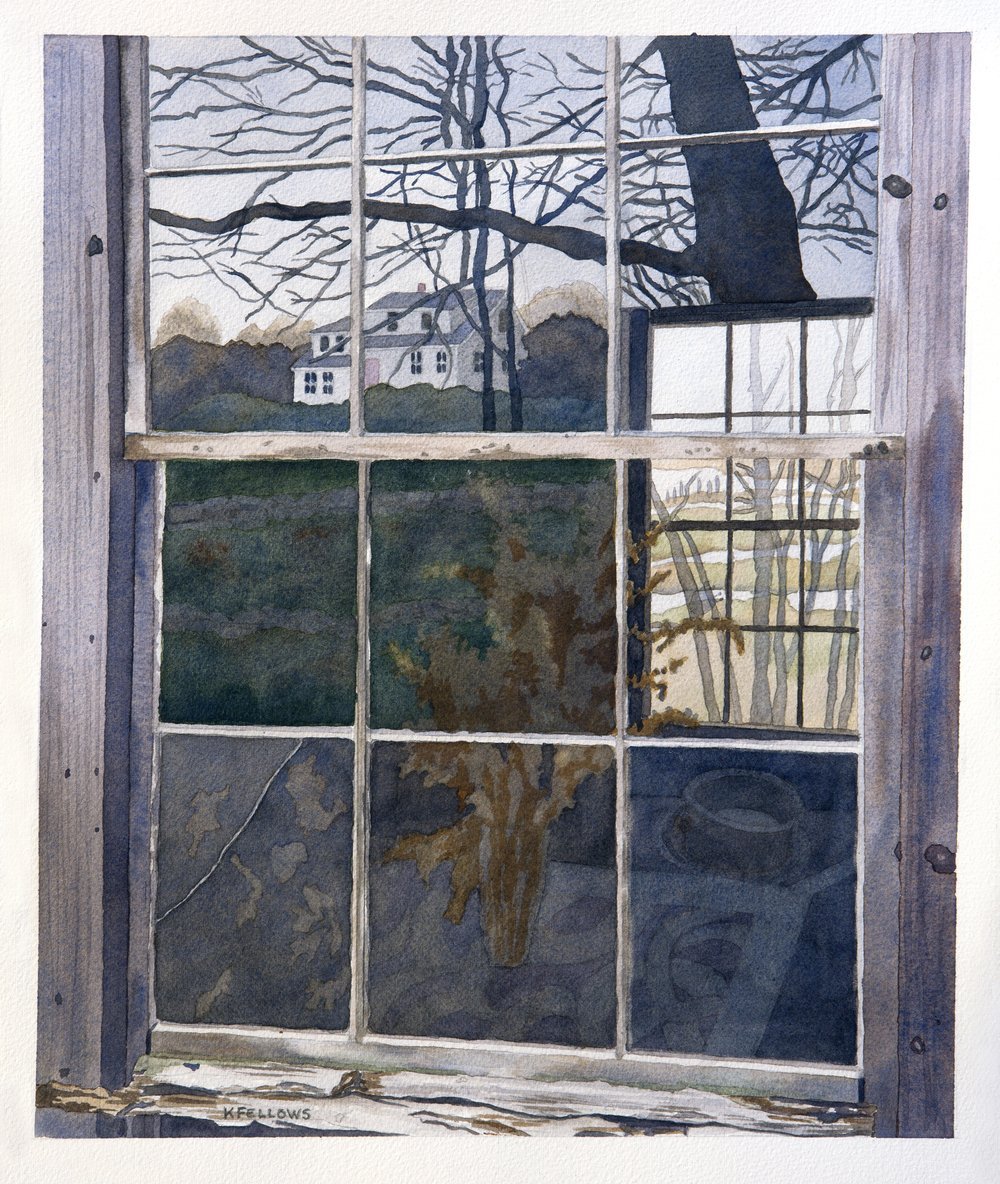Memory, Remembering, and Memoirs
Guest Writer and Artist: Ken Fellows
"Forty-three years old, and the (Vietnam) war occurred half a lifetime ago, and yet (my) remembering makes it now. And sometimes remembering will lead to a story, which makes it forever. That's what stories are for. Stories are for joining the past to the future. Stories are for those late hours in the night when you can't remember how you got from where you were to where you are. Stories are for an eternity, when memory is erased, when there is nothing to remember except the story.”— Tim Obrien in The Things They Carried.
Story-telling is a learned skill for those who write fiction, biographies, and memoirs. And memory, all that authors can recall, is basic to their stories. It's intriguing to me how memories are made and stored in our brains, available there either intentionally or spontaneously.
A recent obituary of Estonian-born psychologist Endel Tulving described how he elucidated our modern understanding of memories. In his 1972 book "Organization of Memory," he proposed that humans have two forms of memory: one is "a semantic form of knowing"…that George Washington was our first President or how to brush your teeth. The second form he termed "episodic memory"…a recollection of specific places and events or experiences'…. "the taste of a delicious croissant eaten on the Champs-Ely-sees."
His work showed that the human brain records and retrieves information via these two separate tracks –and that information seemingly forgotten can be recollected with appropriate cues. He emphasized that the episodic tract is key to writing stories.
These ideas, controversial in the 1960s and '70s, have been substantiated by multiple psychological studies. Recently, modern neuro-imaging … PET (positron emission photography) … has also shown that two different areas of the brain hold the two memory forms.
Tulving's concepts seem to be involved in memoir writing. While he described memory as associated with the past, he also considered episodic memory as "moving forward." He called thoughtful reaching back for specific moments "mental time travel—a mechanism for transporting ourselves to a different time" (like Obrien's "joining the past to the future"). This insight into recollection is often demonstrated in memoirs, as in this additional quote from The Things They Carried:
"I feel guilty sometimes. Forty-three years old, and I'm still writing stories.
My daughter Kathleen tells me I have an obsession …. that I should write about a little girl who finds a million dollars and spends it on a Shetland pony. In a way, she's right. I should forget. But the remembering is that you don't forget. You take your material where you find it, which is your life, at the intersection of the past and the present.
The memory traffic feeds into a rotary loop up in your head, where it circles for a while, then pretty soon, imagination flows in, and the traffic merges and shoots off down a thousand different streets. As a writer, all you can do is pick a street and go for the ride, putting things down as they come to you. That's the real obsession. All those stories."
Memories have many synonyms … recollections, remembrances, reflections, and reminiscences. For memoir writers, the basis of their stories is essentially the recall enlisted from Tulving's semantic and episodic brain tracts. But life is messy, and some of our memories only feel true. As memoirist Geoff Dyer has written: "Everything in my book really happened, but some of the things that happened only happened in my head."
Aging is a fierce impediment to accurate remembering. Another author, Ward Just, in his novel Forgetfulness, describes an older man who offers:
"My memory isn't what it was. The years wash into one another, a watercolor memory. One fact bleeds into another. Emotions bleed. Faces bleed." The gray-beard then adds –"forgetfulness is a dream state. It is an old man's friend."
For memoir writers, several forces are in play: accurate recall, vague
recollection, and terminal amnesia. These three effects are finessed in successful memoirs by the creativity … the art … the author brings to the piece.
Ken Fellows
Joanna Seibert. joannaseibert.com


